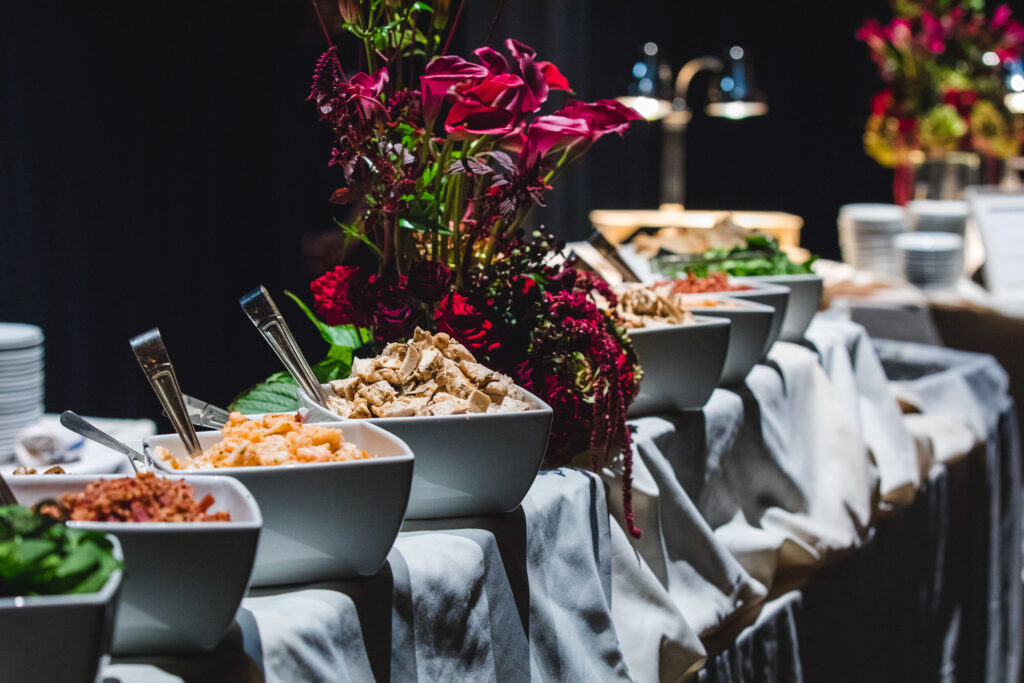Catering is a pivotal aspect of any event, serving not only to satisfy hunger but also to create memorable experiences. To truly resonate with the guests and meet the event’s unique needs, tailored catering becomes essential. Every event, whether it is a wedding, corporate gathering, birthday celebration, or charity fundraiser, has its own theme, audience, and requirements. Therefore, a one-size-fits-all approach to catering simply would not suffice. The key to successful catering lies in customization, which involves understanding the specific goals of the event, the preferences of the attendees, and the logistical considerations at play. First and foremost, understanding the event’s purpose is crucial. For instance, a corporate meeting might necessitate a more formal catering style, with elegant hors d’oeuvres and a sit-down meal to foster an atmosphere of professionalism. On the other hand, a casual outdoor picnic could benefit from a buffet of comfort foods and finger foods, encouraging mingling and a relaxed vibe. By aligning the menu with the event’s objectives, caterers can enhance the overall atmosphere and guest experience.

Additionally, the time of day plays a significant role in menu selection in event catering boston. Breakfast events might feature lighter fare such as pastries and fruit, while evening events may call for more substantial dishes paired with an appropriate selection of beverages. Another critical factor in tailored catering is the dietary needs and preferences of the guests. In today’s diverse culinary landscape, it is essential to consider vegetarian, vegan, gluten-free, and other dietary restrictions when planning a menu. This not only ensures that every guest can enjoy the meal but also reflects the host’s attention to detail and inclusivity. Catering companies that offer customizable options, allowing hosts to select dishes that cater to a variety of dietary needs, demonstrate a commitment to providing an exceptional experience for all attendees. Additionally, utilizing seasonal ingredients can enhance the menu’s appeal, as fresh, local produce tends to be more flavorful and sustainable. Logistics are also a vital component of tailored catering.
The layout of the venue, the number of guests, and the overall flow of the event must be considered when planning the catering. For instance, a cocktail reception with mingling guests might benefit from passed hors d’oeuvres, while a sit-down dinner would require a different setup, including tables and chairs. Understanding how food will be served and consumed can impact the event’s timing and rhythm, which is especially important for larger gatherings. A skilled caterer will be able to seamlessly integrate their service style into the event’s flow, ensuring that guests are well-fed without disrupting the program. Moreover, presentation plays a crucial role in the overall dining experience. Tailored catering often includes unique plating and display methods that enhance the visual appeal of the food. This can be particularly effective for events like weddings, where aesthetics is paramount. Customized serving stations, themed decorations, and artistic garnishes can transform a meal into a work of art, leaving a lasting impression on guests.



